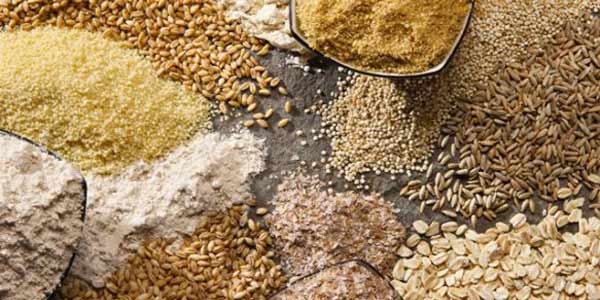Groundbreaking new research claims that carbohydrates carry a greater risk of cardiovascular mortality.
Don't store avocado like this: it's dangerousPower supply e cardiovascular risk: hear hear, fats are not so bad. They would be the carbohydratesrather, to procure a greater risk of cardiovascular mortality. To say this is the analysis presented by the Canadian researchers of the PURE study, and published in the scientific journal The Lancet, which has upset the thesis held up to now of a necessary replacement of total fats and saturated fatty acids with carbohydrates to prevent cardiovascular events.
The research, presented in Barcelona at the cardiology congress, essentially questions what all the guidelines for prevention of cardiac health had so far recommended. But how did we come to this new hypothesis that it is a diet rich in carbohydrates that must be associated with a greater risk of mortality?
Well, according to Mahshid Dehghan, researcher at McMaster University's Population Health Research Institute, the PURE study (Prospective Urban Rural Epidemiology) shows that reducing fat "would not improve people's health". On the other hand, the benefits would derive from the reduction of carbohydrates, ie carbohydrates below 60% of total energy, "and increasing the intake of total fats up to 35%".
A systematic review
PURE (Prospective Urban Rural Epidemiology) is one observational study conducted by the University of Hamilton, Ontario, which wants to examine the impact of urbanization on "primal prevention" (such as physical activity or changes in nutrition), on risk factors (obesity or hypertension) and the onset of diseases cardiovascular. The study was conducted for 12 years on more than 154 people between the ages of 35 and 70, enrolled between 2003 and 2013 in 18 high, middle and low income countries on five continents.
The researchers analyzed the consumption of carbohydrates and different fats in the sample with nationally validated questionnaires relating to lifestyle and nutrition, then dividing the participants into classes according to the diet followed. They then compared the data with those relating to cardiovascular events and mortality: a total of 5796 deaths and 4784 events. In high-end fat consumption, participants showed a 23% reduction in overall mortality risk, an 18% reduction in the risk of stroke and a 30% reduction in the risk of mortality from non-cardiovascular causes.

Each type of fat was associated with a reduction in mortality risk: minus 14% for saturated fats, minus 19% for monounsaturated fats, minus 29% for polyunsaturated ones. A higher intake of saturated fat was indeed associated with a 21% reduction.
In practice, the study associated lower risks with fat intake, while high carbohydrate intake would determine a greater risk of cardiovascular mortality. Those who avoid eating fat, the scientists say, generally replace them with carbohydrates such as bread, pasta and rice, leaving important nutrients out of their diet and, according to the study, a diet rich in carbohydrates is among the most harmful, so much so that increases the risk of premature death by 28%.
Conclusion? Research recommends getting 35% of calories from fat. For men this means 30 grams per day, for women 20. Those who eat more than 60% of their calories from carbohydrates have a high risk of premature death.
In short, more fat than carbohydrates? We continue to argue that the only winning weapon is one balanced diet which includes all types of food and nutrients. In any case, however, remember that fats are the basis of Mediterranean diet that can be taken on a regular basis and therefore pay attention to the quality of the fats you choose: those to be favored are mononsaturated ones like olive oil and some polyunsaturated ones like Omega 3 in fish or dried fruit.
Germana Carillo


























